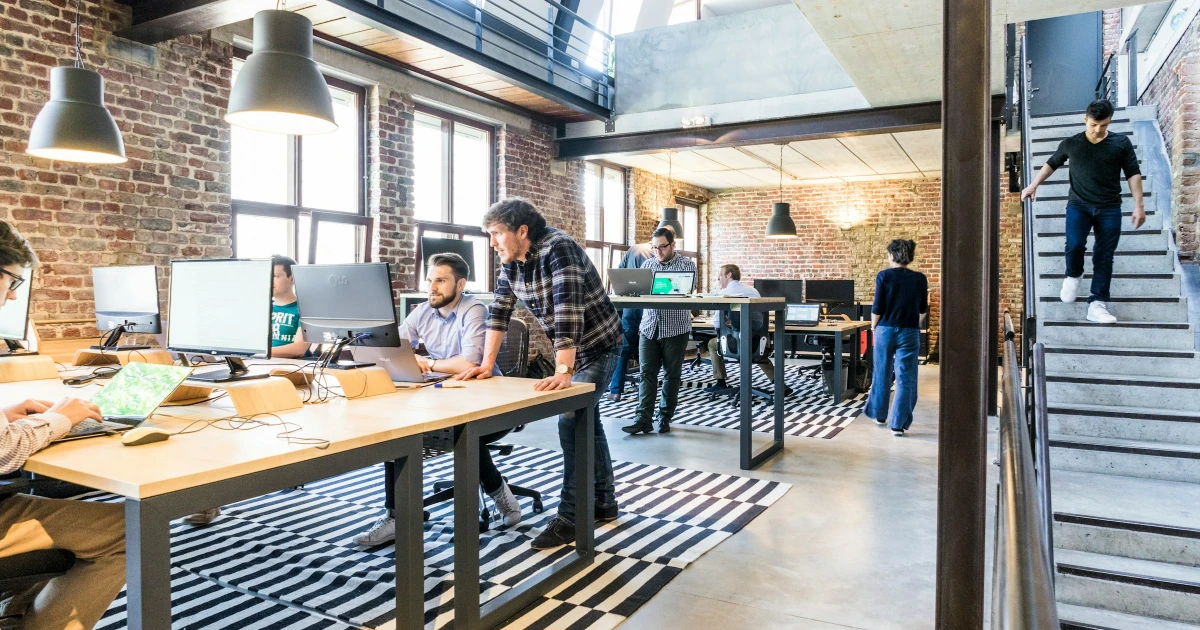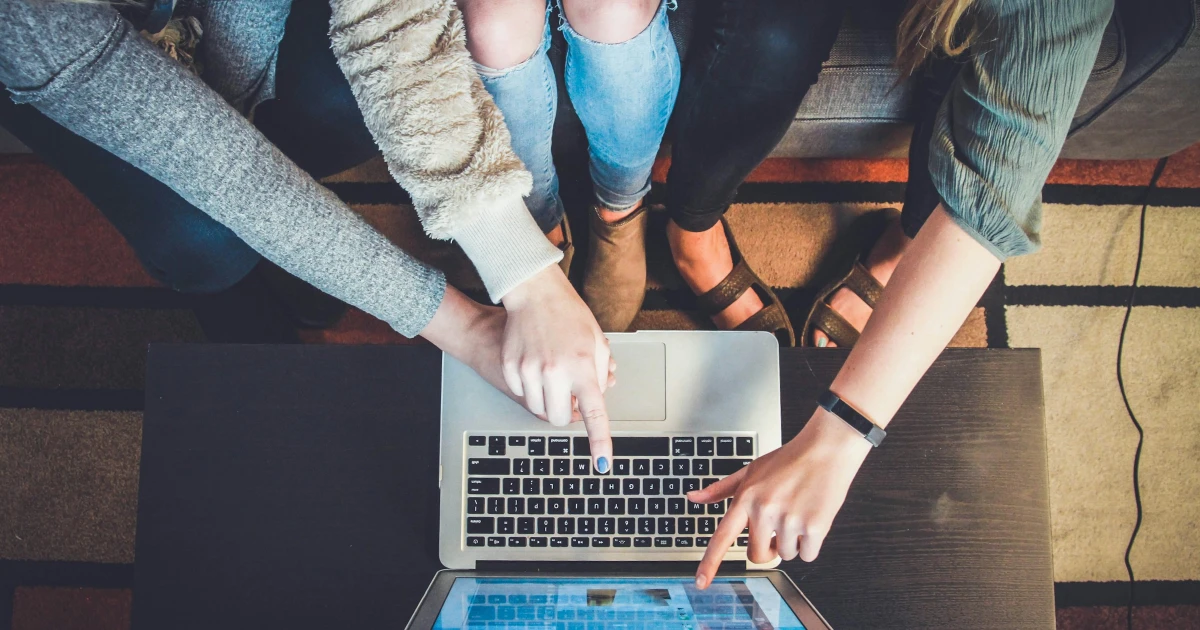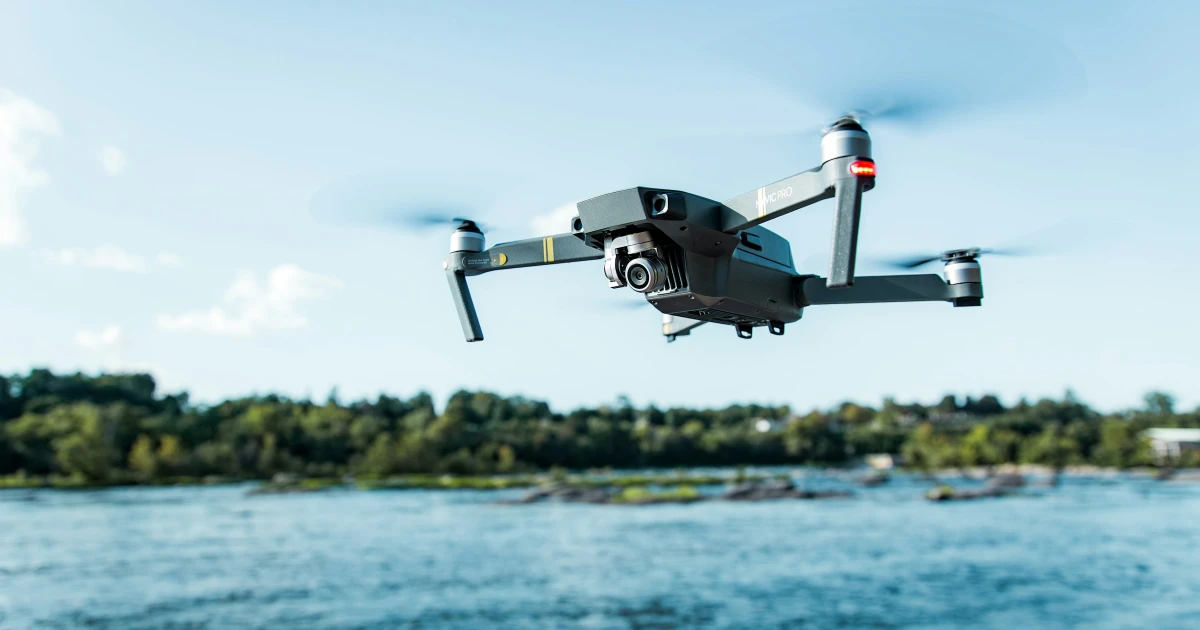After the public release of ChatGPT, generative AI has taken over the world – and the fashion industry was no different. In fact, according to McKinsey, GenAI could add up to $275 billion to the fashion and apparel industry in the coming years. With this in mind, fashion brands are eager to step into the future of fashion, with 86% stating that they want to incorporate it into their practices to improve customer experiences.
In fact, G-Star Raw’s campaign released the world's first AI-designed denim couture pieces. The brand used Midjourney, a text-to-image generative platform that helped them come up with 12 unique designs through text prompts. Because of this, Levi’s started following suit, as they have also started testing AI-generated models for their denim collection.
Retail brands have been using artificial intelligence algorithms for quite some time to analyze customer behavior and improve the customer experience through product recommendations and offers. But in 2024, the use of artificial intelligence for fashion marketing will be on another level.
More and more fashion companies are starting to embrace robot influencers to promote their products. Prada, Versace, and Calvin Klein are among the first brands to experiment with the idea of AI-powered influencers and deep fakes.
Even more so, user-generated content will continue to be a trend in 2024, as it can increase our brand authenticity and customer engagement. In fact, UGC is five times more likely to help brands convert users into buying their products. For this reason, brands have made this transition to UGC even when presenting their products on their website.
The fashion industry relies heavily on trends – what’s in and what’s out. Artificial intelligence has been proven to be an incredible tool for this, helping brands predict and capitalize on future trends. AI algorithms can analyze data and insights from fashion blogs, social media platforms, customer feedback, and especially global fashion events. This analysis can spot patterns for various elements – color schemes, fashion styles, and fabric preferences.
For example, IBM recently partnered with the Fashion Institute of Technology (FIT), where they created a set of developed and trained APIs for analyzing the fashion industry. This allows brands to redefine their products and improve customer experience.
In 2024, the integration of AI in retail will combine the digital world with the in-store experience, transforming the traditional experience into something completely new, innovative, and engaging. And it’s all thanks to smart mirrors – or, as they are also known, “magic mirrors.”
Smart mirrors are AI-powered and interactive devices that can help us find personalized products, browse through multiple products and sizes, and even make purchases by using the touchscreen. Even more so, we can also make photos and videos that can be downloaded through QR codes – all through these magic mirrors.
Eexperiences. Many platforms have started implementing digital technologies to create a completely digital shopping experience – especially through AR and VR technologies. In fact, Google’s insights show that 61% of customers prefer retailers that offer different AR solutions.
Even more so, Pinterest – the platform of fashion inspiration for most of us – has also decided to help us with visual searches. Pinterest’s Lens is an AI-powered feature that allows us to search products easily using photos while also allowing us to find similar items.






.webp)









